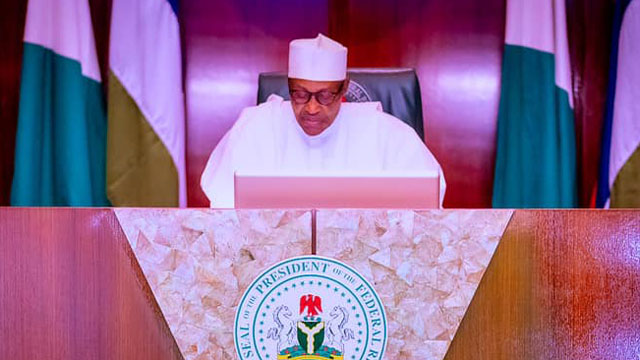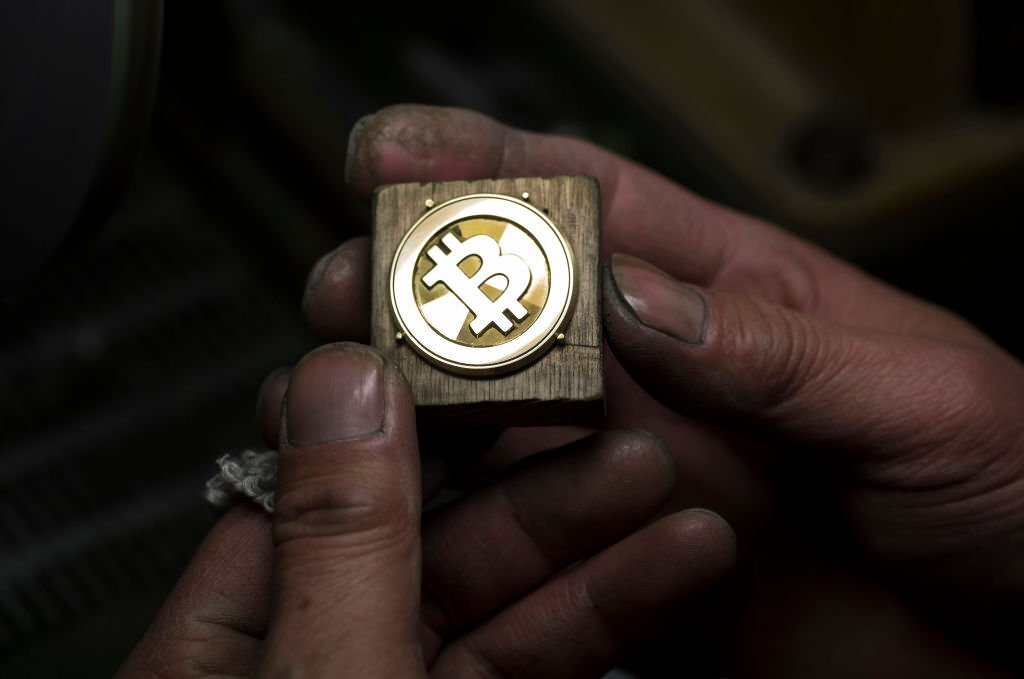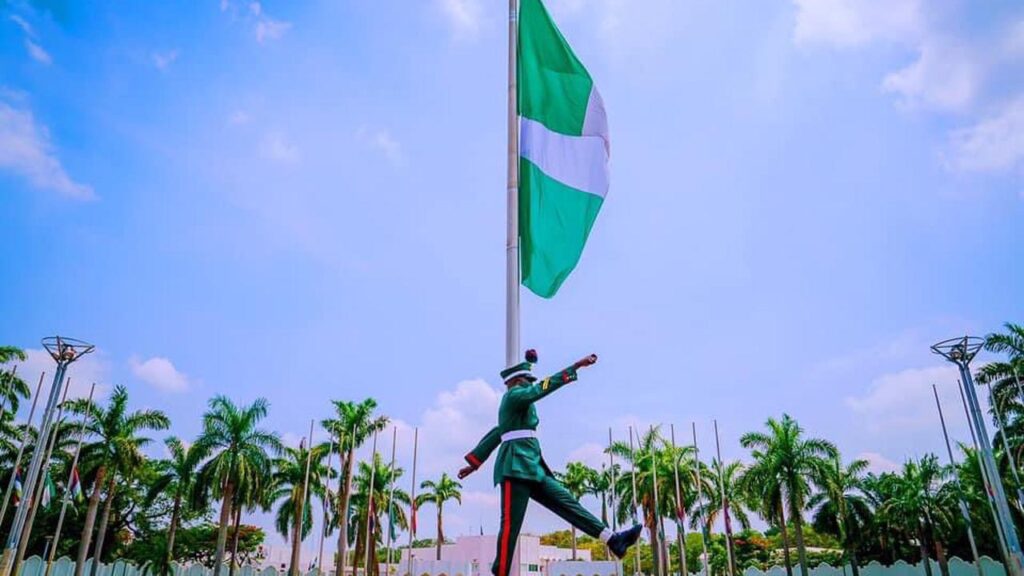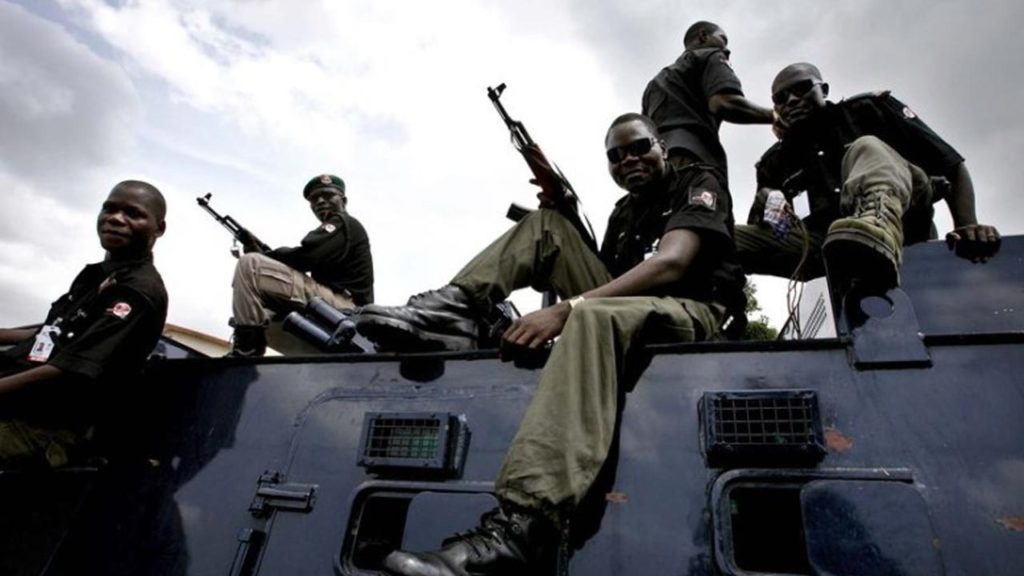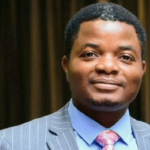
For rather than elicit a positive image for the beleaguered Buhari presidency or add verve to it, it removed, in one fell swoop, whatever vestiges of respectability that the administration commanded.
In spite of the fact that questionnaires were reportedly submitted to the presidency by the two networks in lieu of the interviews, the President came across as pedestrian, uncoordinated, contradictory, haughty and opinionated. The upshot is that there are now clarion appeals out there by outraged Nigerians that his handlers should refrain from inflicting him on us in due course. How low can a presidency sink?
If the two interviews have aroused indignation, they certainly define the Muhammadu Buhari administration. With the government in its twilight, with about 17 months to go, Nigerians will, in an enduring manner, frame the administration in the context of these interviews.
When President Buhari says he has done his best for the country and he is not expecting any appreciation from Nigerians, he confirms, contrary to Lai Mohammed’s professions, what a former President alleged that President Buhari had nothing more to offer. Permit me to quote President Buhari: “What else can I do for this country, I have given my best. I hope after I leave, Nigerians will reflect. I am not expecting any appreciation but what I am expecting is for Nigerians to say yes, this man has done his best.”
But if what President Buhari has offered thus far is, in his estimation, his “best”, then one must say to him, with due respect, that his best is neither good nor luminous. Official data reeled out by the Nigeria Bureau of Statistics (NBS) shows crystal clearly that rather than things to look up, they have plummeted to their depths. Consider: In 2015, unemployment stood at eight per cent (8%). In the first quarter of 2021, it was thirty-three per cent (33%). In 2015 our debt stood at twelve trillion naira (N12t). It is now thirty-two trillion naira (N32t) and counting. In 2015 inflation stood at nine per cent (9%). In 2022 it is fifteen per cent (15%) and counting.
This is not to add the increasing menace of kidnapping, banditry and insurgency, which have transformed the country into a vast killing field. Nigerians are ordinarily grateful, appreciative and forgiving people. But how, for God sake, do they appreciate this manifestly dismal performance?
It is the responsibility of leaders to brim with optimism and enthusiasm even when things are going downhill. It is their lot to imbue their followers with hope by their confident, gung-ho spirit. When the President throws up his hands in surrender, he evokes despondency only reminiscent of Dante Alighieri. Of the Inferno or Hell, Dante wrote: “Lasciate ogni speranza, voi ch’entrate”, meaning: ”All hope abandon ye who enter here.”
When the President announces gleefully that he works “hard” by putting in six to eight hours daily, he does not only cast himself as a Nine-to-Five-Man, he makes Nigerians and himself laughing stocks and the butt of the world’s lurid jokes. The Nigerian presidency, with the country’s myriad of challenges and a diverse nation of more than two hundred million people, is a tough call. It is not, as they say in local parlance, ordinary Moimoi. As far back as when Margaret Thatcher held sway as Britain’s Prime Minister, she put in at least 18 hours daily. In the reckoning of leadership pundits then, similar hours were required to effectively superintend the affairs of middle powers like Nigeria. Alas, our President, in spite of the legion of challenges we face, is touting and celebrating a paltry eight-hour work schedule. Little wonder, the administration under President Buhari’s watch, is not hands-on. Political appointees, with the exception of a few, patriotic and God-fearing ones, approach their tasks with lackadaisical and laissez faire attitudes to the detriment of our development.
When the President suggests that his administration is well documented and that in the aftermath of his handing over, he will shun any summons to explain what would have transpired under his watch, he carries on, either with a feudal arrogance or the kind of haughty ignorance for which only the maverick Mr. Donald Trump is renowned. As far as the law is concerned, his immunity ends after his eight-year tenure. And though it is a time-honoured tradition for one administration to hand over to the other notes which detail accomplishments and challenges, it is trite knowledge that the devil is always in the details of these skeletally crafted and self-serving notes. Outgone leaders are therefore liable to be debriefed by their successors in order to throw more light on issues that obfuscate. Meanings are therefore likely to be read when outgoing leaders assert, in advance of their departure, that they will make themselves unavailable for such harmless debriefings.
In respect of the Electoral Amendment Bill, which the President refused to assent to, he avers: ”People should be given a choice. There are three ways – direct, indirect and consensus. The important thing is to show Nigerians that whatever they are, we respect them, that they are the ones that decide what to do, who to vote for, that we do not allow anybody to raise on any of the things and intimidate people.” If this really was the President’s beef with the bill, why did he not say so, ab initio, through his Liaison Officers to the National Assembly? Why did he have to wait out the duration of signing the bill only to cynically object to it on the last day? Why did the President not avert himself of the need to sign the bill timeously so that the Independent National Electoral Commission (INEC) can factor its provisions in its preparations for the conduct of the 2023 general elections?
What does the President imply when he asserts that if he reveals his preferred candidate, such a person shall be eliminated? Have matters so degenerated that a presidential aspirant can be assassinated outright by simply outing him/her? Could this be a veiled or oblique reference/portend of what to expect ahead of the 2023 general elections?
Rather than calm nerves, these two interviews have frayed them. They have also raised troubling posers: From his answers, which were suffused with contradictions, droll logic and incoherence, could the President be said to be in charge of his administration? Warts and all, the President’s first outing as military head of state suggested a clarity of purpose, even if one disagreed with it. Could the same be said of his second coming in which the country seems rudderless and the country is known only for the despicable and ignoble reasons in the comity of nations?
Dazang, immediate past Director, Voter Education and Publicity, INEC.

